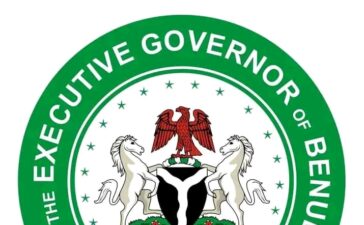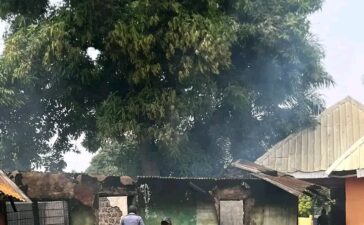Join our WhatsApp channel HERE for the latest Benue news and updates!
The Federal Government of Nigeria has introduced a significant update to academic and national service requirements, effective October 6, 2025. The National Policy for the Nigeria Education Repository and Databank (NERD) Programme has been declared mandatory, marking a pivotal shift in the country’s educational and youth mobilization framework.
According to a statement from the Secretary to the Government of the Federation, Senator George Akume, all students are now required to deposit their academic outputs, including theses and project reports, as part of a national effort to curb certificate fraud and preserve Nigeria’s intellectual assets. This mandate, outlined in Section 6.1.23 of the policy, serves as an independent quality assurance measure and proof of academic enrollment.
The policy was first highlighted in March 2025 when the Minister of Education, Dr. Tunji Alausa, issued the Declaration of Effectiveness for NERD. The approved stipulations for mandatory submission, detailed in Sections 2.3, 4.3(1), and 7.6.11(c), among others, are now obligatory across Nigeria’s higher institutions.
NERD spokesperson Haula Galadima emphasized the directive’s importance, noting that every student submission must include the full names of the student, supervisor, co-supervisor (where applicable), and Head of Department, along with the sponsoring institution and department. This transparency aims to raise the bar for academic content, output, and presentation nationwide.
In a related development, the government has linked the NERD policy to the National Youth Service Corps (NYSC) mobilization process. President Bola Ahmed Tinubu has approved a reform, invoking Sections 2(4)(4) and 16(1)(c) of the NYSC Act, mandating that no graduate—whether from a Nigerian or foreign institution—will be mobilized or exempted from NYSC without proof of compliance with the NERD policy. This move ensures that graduating students intending to embark on the mandatory one-year service must submit their projects and theses beforehand.
The NERD programme intends to strengthen supervision processes in higher institutions without direct involvement, fostering accountability. Galadima added that the public visibility of scholars’ names alongside their students on a global digital platform is likely to encourage lecturers to uphold higher standards.
This directive, conveyed through a circular by Senator George Akume, underscores the government’s commitment to enhancing educational integrity and national development. As the policy takes effect, stakeholders anticipate a transformative impact on Nigeria’s academic and service landscapes.
Stay tuned for further updates as the implementation unfolds.
















